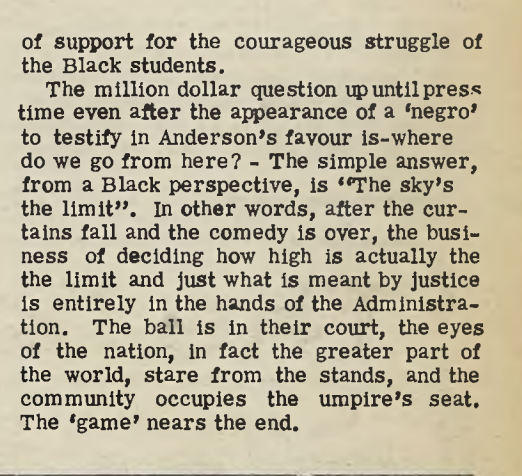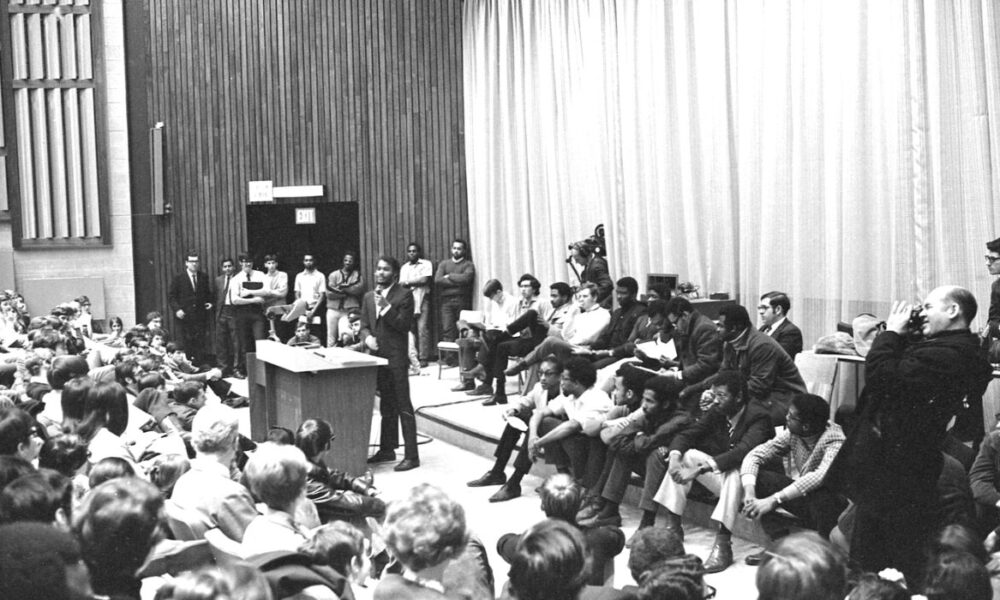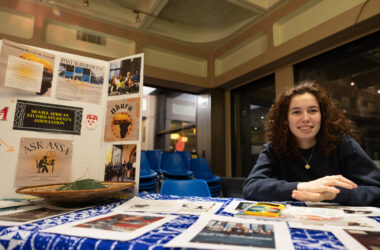Students have long been at the forefront of social progress, both on their campuses and in the wider Montreal communities. The McGill Tribune looks back on a few instances throughout history when students banded together to advocate for their rights.
1969 Computer Riot at Concordia
This protest would come to be known as the largest student riot in Canadian history. In the spring of 1968, six West Indian students from Sir George Williams University filed a complaint against their professor, Perry Anderson, for deliberately giving Black students lower grades. Though the university agreed to establish a Hearing Committee, Black students denounced the impartiality and incompetency of Concordia’s representatives. They walked out of the hearing with around 200 other students and occupied the school’s Computer Centre. After days of negotiation between the administration’s lawyers and the students, a settlement that would institute a new Hearing Committee was established, and the end seemed near. As protesters began to leave the Centre, assuming that the agreement was all settled, however, the proposal was scrapped. The next day, the administration called in the police and riot squad to handle student threats of vandalism. When they arrived, a large portion of computer equipment had been destroyed and a fire had broken out—totalling $2 million in damages.
Though the accused professor was reinstated soon after and received no consequences, the occupation forced the administration to establish student representation on university decision-making bodies. Soon after, University Regulations on Rights and Responsibilities and the Ombuds Office was established.

The Birth Control Handbook
In 1968, the dissemination, sale, and advertisement of birth control methods was still illegal across Canada. In spite of this, the McGill Student Council passed a motion to form a Birth Control Committee and host a student seminar on sex education, eventually leading to the conception of the Birth Control Handbook, a guide to the pros and cons of various methods birth control methods as well as other useful information on sexual health. The handbook’s co-editors, Allan Feingold and Donna Cherniak, worked alongside Montreal-based doctors to conduct research and compile practical information on everything from condoms and diaphragms to abortion services and IUDs. Feingold and Cherniak also sought to highlight how social and political issues affected access to sexual health resources. At a time when contraceptives were inaccessible, the handbook responded to a huge demand, with more than three million copies distributed, in and beyond McGill, by 1974.
The struggle for Africana Studies
In the 1990s, the Africana Studies Committee (ASC)—formed after McGill attempted to downgrade its African Studies program to only offer a minor—worked to, among other goals, bring an Africana Studies program to McGill. This program would study the Black diaspora as well as the interdisciplinary, internationalist perspectives that characterize it, and not to mention act as a departure from African Studies’ problematic history of centring white scholars. Black students at McGill worked for four years to craft a proposal for the expanded program, presenting it to the McGill administration in 2000. It was the culmination of several initiatives, including a public demonstration that demanded the African studies program continue, the fundraising of approximately $20,000 for the Committee, and the organization of the Africana Congress 2000, which brought students, community activists, and lawyers from different countries together to strategize the future of Black studies at McGill.
The proposal was also delivered at an important time: McGill had recently received more than $65 million in private donations and a commitment of $80 million in government investment. In the end, however, the administration showed its blatant resistance to the needs of Black students, stalling and eventually shelving the proposal once the student leaders graduated. Throughout the years following the ASC’s proposal, the Black Students’ Network has continued to spearhead the initiative for an Africana studies program at McGill.









